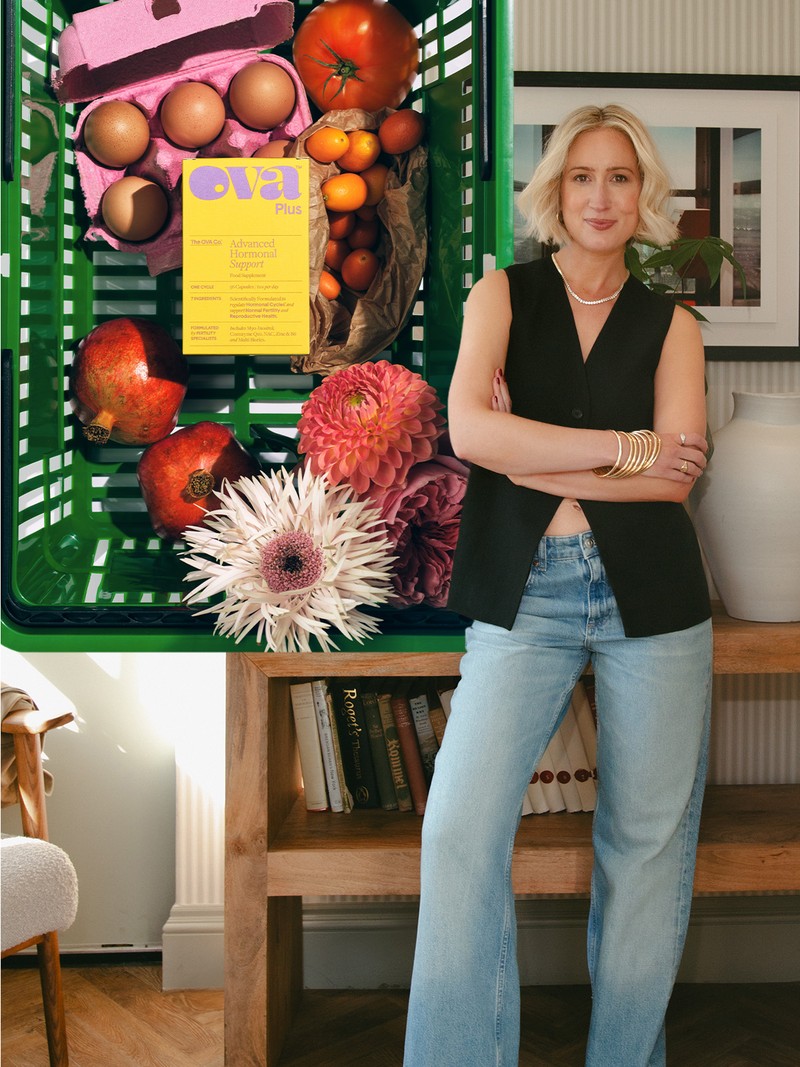
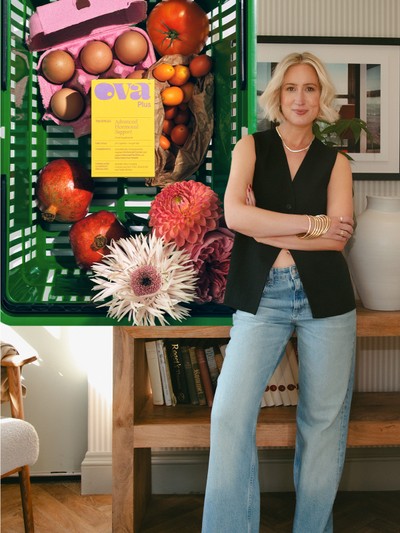
How A New Kind Of Fertility Supplement Was Born
There wasn’t a lightbulb moment that told me something was wrong with my fertility. Instead, it was a quiet, slow-burning realisation – the kind that creeps in when things aren’t quite adding up. Like so many women, I came off the pill after more than a decade, expecting my body to simply click back into rhythm. But month after month, nothing. We gave it a proper go: eight months of trying the natural way — tracking, timing, temping, the lot. Each cycle began with hope and ended in disappointment. I started spiralling, obsessing over ovulation tests and temperature charts. Some months, it looked like I hadn’t even ovulated. One minute I was convinced something was wrong, the next I was telling myself I was just being impatient.
We moved on to ovulation induction. We tried three rounds split between Clomid and Letrozole, but still nothing. Again, everything looked like it should be working, but nothing was happening. It felt like trying to solve a puzzle where half the pieces were missing. Eventually, we turned the lens away from just me – something I now realise should have happened far earlier – and started to investigate male factor issues. Deeper testing revealed things missed in the initial sperm analysis, and suddenly the narrative shifted. Fertility isn’t just a women’s issue – but too often, it’s treated like one.
From there, our path wove through three IUI cycles – more hormones, more hoping, more heartbreak. It was relentless. With every cycle, belief wore thinner, and yet, hope whispered: just keep going. Over the next decade, our reality became a series of IVF protocols, ICSI and frozen embryo transfers. There were consultations, injections, trigger shots, acupuncture, heartbreak and hope – all coexisting. While friends were announcing pregnancies, I was jabbing hormones into my stomach and crying on bathroom floors. It was all consuming, yet so few people talk about it. That silent, messy middle is where OVA was born.
The supplement world may be saturated, but it’s still wildly disconnected from how fertility feels. My co-founder Kat and I created OVA out of lived experience. We weren’t interested in selling a miracle. We wanted to offer something that felt intelligent, grounded in research, and emotionally aware. So much of the fertility space still feels cold or over-promising. But we knew there was room for something better – something beautiful, functional, and something that reflected fertility journeys today.
From day one, we were obsessed with formulation. Every ingredient we included had to earn its place. That meant no fillers, no fluff, and no vague wellness jargon. Just therapeutic doses, real clinical research, and an unrelenting commitment to quality. When you’re going through the hellscape of fertility treatments, you don’t want something that looks pretty – you want something that works. We spent three years building formulas with experts in egg and sperm health – fertility consultants, biochemists, clinical nutritionists, people who’ve been in the lab and in the room.
Elevating the way we talk about hormone health is non-negotiable. Fertility journeys can be overwhelming, but they can also be empowering. When you have better information, you make better choices. When you feel supported, you feel less alone. That’s why we speak with what we call ‘big sister energy’: warm, intelligent, emotionally attuned. We’re not here to scare anyone or sugar-coat the process. We’re here to hold space for whatever part of the journey you're in.
Hormone literacy is finally having a moment – but there’s still a long way to go. Yes, we’re seeing more tools, apps and platforms helping people track and understand their cycles, and that’s a huge step forward. But real hormone literacy means giving people the language and the confidence to advocate for themselves, whether they’re in a GP’s office, a fertility clinic, or their own home. Hormones aren’t just about fertility – they affect mood, metabolism, energy, skin and more – and we need to treat them with the importance they deserve.
Motherhood is often seen as the finish line, but hormonally it’s just another chapter. For me, hormone awareness really began postpartum. I think many of us assume the hardest part is getting pregnant – but what happens after can be just as complex. I had no idea how dramatically hormones could shift after birth. The sharp drop in oestrogen and progesterone, the fog of fatigue, the unpredictable return of ovulation – it all hit me with full force. And if, like me, you’re navigating secondary infertility, things become even more confusing. There’s this quiet assumption that if it happened once, it’ll happen again – but that’s not always the case.
I’m now five months postpartum with my second IVF baby. I’ve been reminded all over again that postpartum is a hormonal marathon, not a sprint. The pressure to look like you’ve got it all together is so outdated. In fact, I don’t think you do bounce back; you recalibrate, and that shift deserves to be met with more empathy and understanding. We talk so much about getting back to your ‘old self’, but motherhood doesn’t work like that. Hormones shift, priorities realign, your body moves differently, your brain rewires – you become a new version of yourself. And that version, particularly after fertility treatment, deserves just as much care and respect as the one before.
Protecting my energy is now a non-negotiable part of my wellbeing. I’ve learned to prioritise with intention: my family comes first, and work – a space I care deeply about – is a close second. If something doesn’t bring joy, feel aligned, or serve me in a meaningful way, I no longer feel guilty about saying no. That clarity didn’t come overnight, but I’ve realised that constantly saying yes is the fastest way to burn out. Boundaries aren’t selfish – they’re essential.
Today, my wellness rituals are simpler, but more meaningful. Acupuncture, which was pivotal during my fertility journey, is still a constant – it centres me in a way nothing else does. I also move my body every week, not to hit a target or meet a goal, but because it helps regulate my nervous system and clears my head. And when I’m struggling, I name it. Speaking fears aloud takes away their power – something I’ve learned the hard way.
OVA was born from experience. Kat and I weren’t on the sidelines; we were in the thick of it – IVF, miscarriages, motherhood – building the brand as we lived it. That proximity shaped every formula, message and decision. Our vision is now clear: OVA will be the go-to fertility and reproductive health brand for a new generation – one that’s informed, proactive and refuses to be overlooked.
Women deserve to understand fertility isn’t a switch you flip when you’re ready – it’s a continuum. Hormonal health is an ongoing part of our lives, and the earlier we start paying attention, the more empowered we become. Whether you’re trying for your first or navigating life after birth, your hormones matter.
Danielle Fox-Thomas and Katherine Lestage are the co-founders of OVA – the UK’s first egg and sperm vitamin brand. The full OVA range is third-party tested, gluten free, pregnancy safe and B-Corp certified. Starting from £19.99 per monthly cycle, OVA is available to purchase from selected Boots stores nationwide and online at BOOTS.COM, selected Sainsburys and SAINSBURYS.CO.UK, and THEOVACO.COM.
DISCLAIMER: We endeavour to always credit the correct original source of every image we use. If you think a credit may be incorrect, please contact us at info@sheerluxe.com.
All products on this page have been selected by our editorial team, however we may make commission on some products.
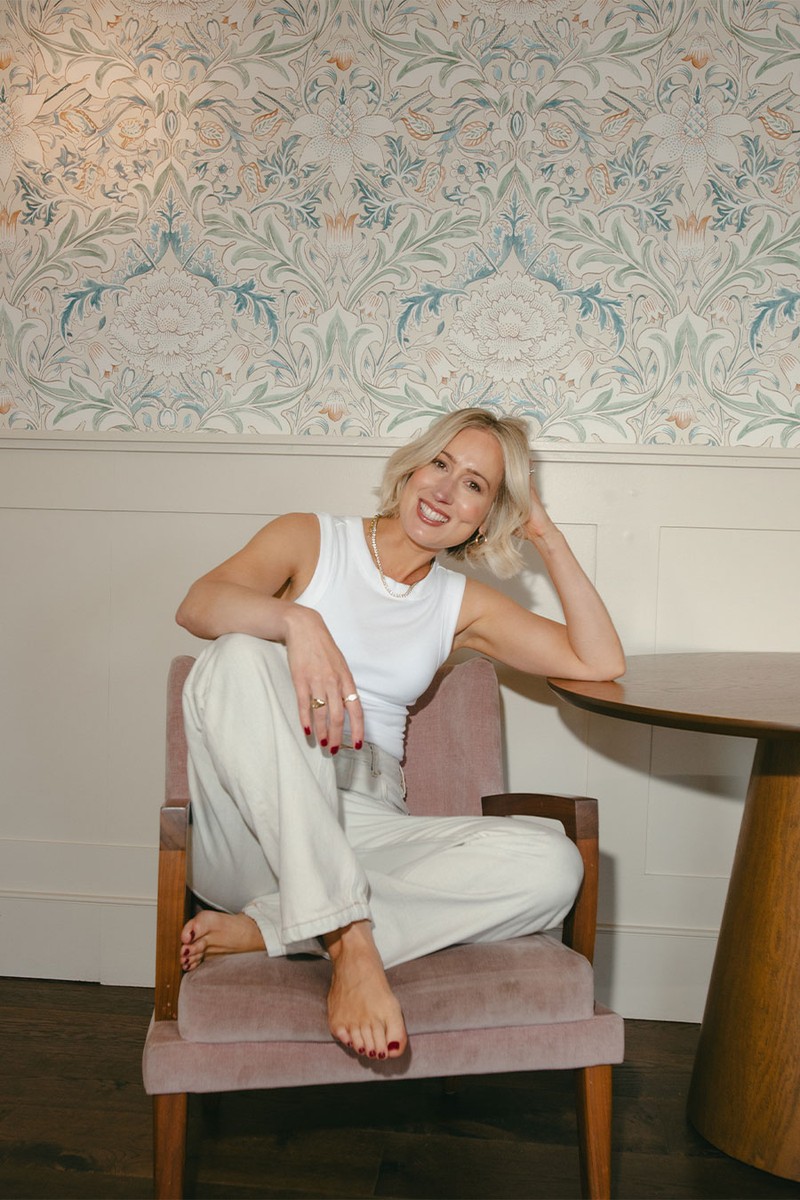
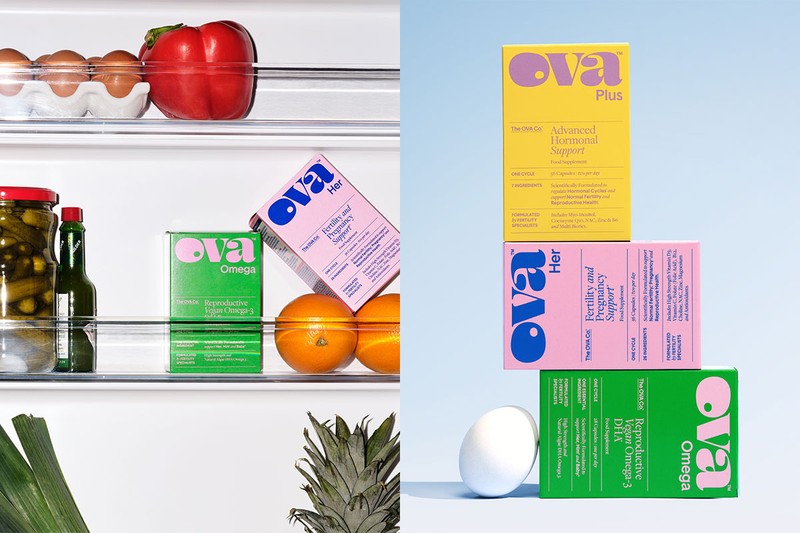
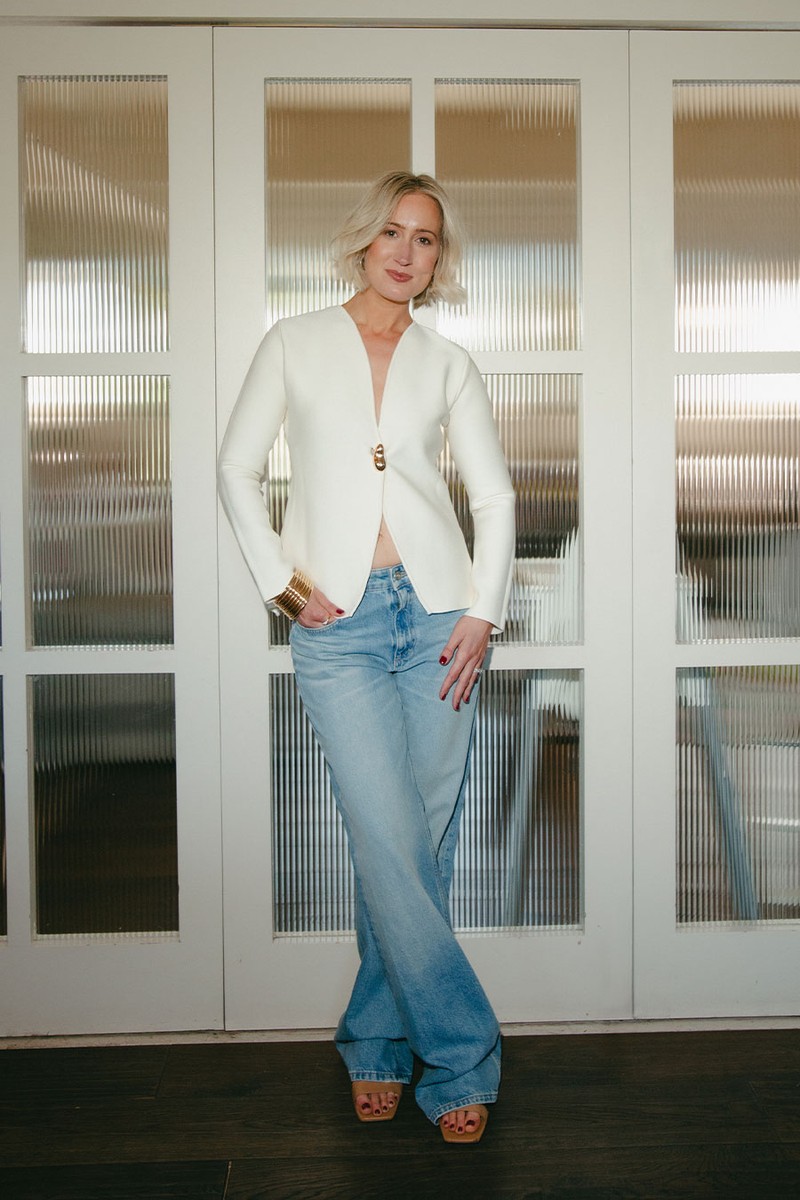
/https%3A%2F%2Fsheerluxe.com%2Fsites%2Fsheerluxe%2Ffiles%2Fwebsite-images%2F2025%2F04%2Fnew-parenting-background-image.jpg?itok=au3AjSlw)